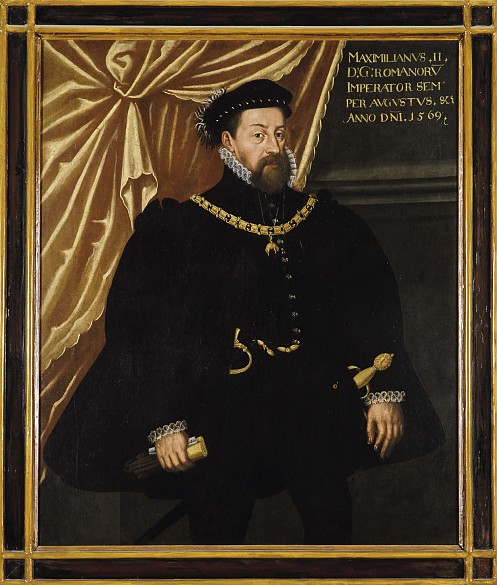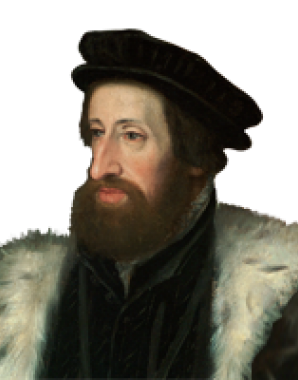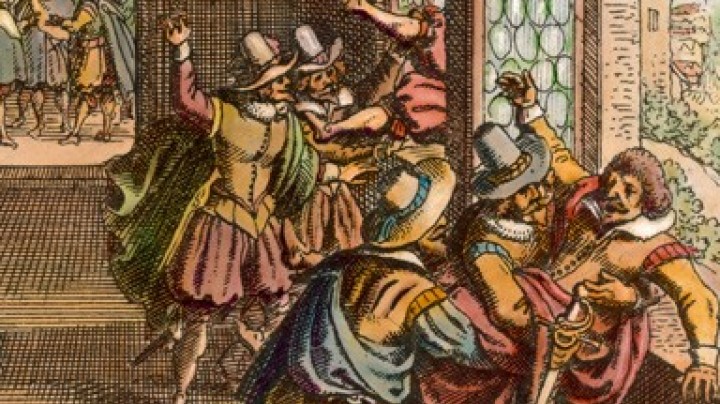Maximilian II: vain attempts at mediation
Maximilian had to proceed with care. Although he inclined towards the Protestant side in questions of faith, he was nevertheless a defender of the dynasty’s imperial claims.
The Protestant party led by the German princes coupled their rejection of the old faith and demands for religious pluralism with political emancipation from the emperor’s authority. The Reformation shook the cohesion of the Empire, and not only in a theological sense.
The increasing infirmity of Ferdinand I meant that the question of his succession had become acute. The Protestant princes of the Empire expected that Maximilian, who was elected Roman King in 1562, would continue the religious policies of his father, which were aimed at the accommodation of both sides.
They were not disappointed: after the death of his father in 1564, as head of the Empire Maximilian pursued a policy of compromise between the faiths, holding firm to the terms of the Augsburg Settlement of 1555 that his father had helped to bring about. During his reign Maximilian became an affirmative element in imperial politics, attempting to emphasize the commonalities between the representatives of moderate Lutheranism and Catholicism and trying to hinder further religious fragmentation. However, under the growing influence of Calvinism among the princes of the Empire the situation became increasingly radicalized and the emperor went on the defensive.
The emperor’s attempts to be a neutral mediator between the extreme positions were doomed to failure. This was particularly obvious in the Netherlands, a part of the Empire under the regency of the Spanish king, which had developed into one of the most dangerous flashpoints of the age following the successes of the rebellion against Spanish rule instigated by the Protestant northern provinces.













